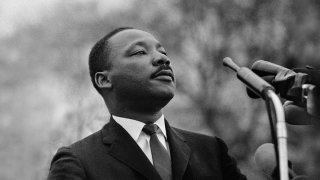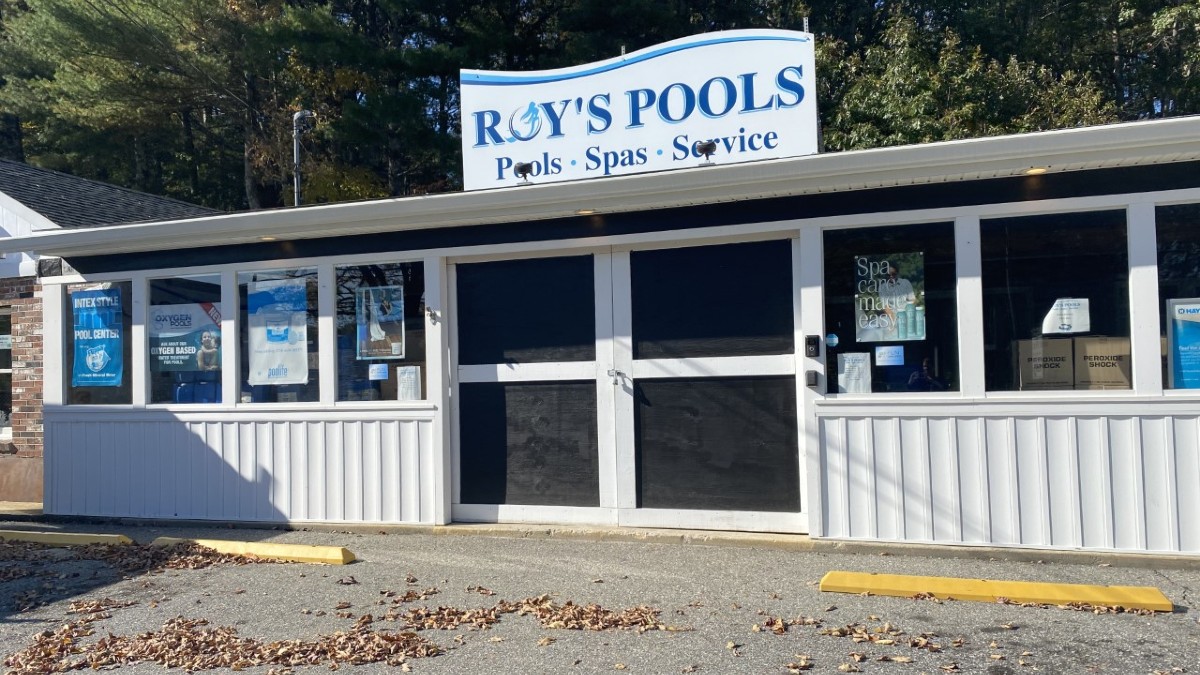
Martin Luther King Jr. is revered as a civil rights leader who has inspired millions of people around the world.
Many historians argue the time he spent in Connecticut as a teenager influenced his life.
“Coming from the segregated south, coming from Atlanta where he was never given any respect, obviously humiliated by signs of 'whites only', of 'coloreds only', I think Connecticut gave him this sense of belonging, this sense of identity that African Americans were searching for,” said Stephen Balkaran, an African American studies instructor at Central Connecticut State University.
King spent two summers working on the tobacco farms along Firetown Road in Simsbury. He was just 15 years old during that first summer of 1944. The work was hard, but it was what he did during his down time and how he was treated by people in Connecticut that made such an impact on him.
“He wrote about going to the movie theater and being able to sit wherever he wanted, being able to go to some of the finest restaurants in Hartford. For him, these were extremely influential experiences of a young man’s life,” said Catherine Labadia, a staff archeologist and the deputy state historic preservation officer for the State Historic Preservation Office.
King wrote down his experiences in a series of five letters to his parents.
“He talked about how he was treated in Connecticut, sitting in restaurants where he could sit and no one gave him a hard time. Coming from the segregated south, that was kind of impossible. So the mountain top speech that he always gives, that started right here in the Connecticut valley. We influenced his philosophy, we influenced his legacy, I think the great state has to get accolades for what we have done inspiring Dr. King and the civil rights movement,” Balkaran said.
Local
With an understanding of how Connecticut played a role in Dr. King’s young life, the State Historic Preservation Office is trying to obtain grants through the National Parks Service to preserve the tobacco farm in Simsbury.
“From our perspective, history is always about the tangible, not just understanding history through stories and books, but where you can actually see it and feel it,” Labadia said.



